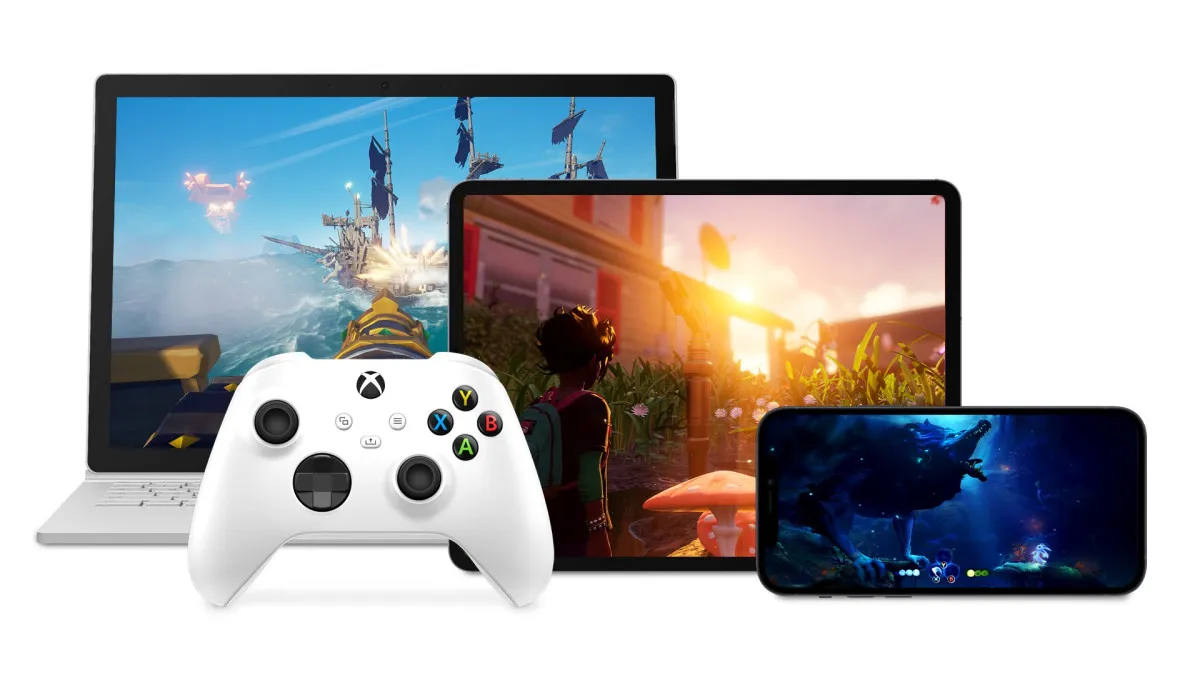[Dtoider Magnalon has some great tips to protect your Xbox account from being hacked. – Kauza]
Lately, we’ve been hearing stories of an increasingly alarming Xbox Live hacking issue, and the lack of care and concern that Microsoft has exhibited in some cases. Sure, just being hacked is beyond inconvenient, but users also risk losing access to their accounts for extended periods and the horrible possibility of having to speak with Xbox support. Yikes.
In light of all of these issues, I thought it would be a good idea to share some security tips. Read on to learn the best ways to avoid having to put yourself through a Microsoft nightmare.
Choose a strong password
There are many schools of thought in regards to passwords. My philosophy is “you can never be too complex as long as you take the time to remember it”. While this comic comically indicates that a longer simpler password is more secure than a shorter complex one, a longer complex password is not out of the question; provided you’re willing to learn it. The comic does have a point though – passwords under ten characters, even in “l33t speak”, are easily compromised. If you’re not comfortable with complex passwords, let Xbox Live be your first exercise.
Make sure this password is only used for Xbox Live – a number of people are claiming that they use the same password for their EA account, which is linked to their Live account – this may be causing issues (the same can be said for Activision’s Call of Duty Elite, and Ubisoft’s uPlay). To avoid spillage, make sure you change this password every so often. You can change it every month, or every few months if you wish.
Additionally, it doesn’t hurt to update your information and secret question/answer, so that you can recover your information from Xbox Customer Support in the instance you forget your password.
Do not link your Credit Card or PayPal to Xbox Live
As a general rule, you can buy cards at major retailers for both subscriptions and Microsoft Points (MSP). This is easily the most secure method of conducting business over Xbox Live.
However, in some cases you will need to link some method of payment – for instance, Microsoft will require you to input a method when buying the Xbox Live Gold Family pack, or any other special offer found through Xbox Live or Xbox.com exclusively. You can subvert this requirement by grabbing a Visa Credit Gift Card from pretty much anywhere. Unfortunately you’ll have to pay $2-5 in fees to nab this card, but as long as it has an expiration date and CVC number on the back, you’re good to go.
As a last resort, for people who are against limited payment options, linking PayPal can be acceptable as long as it’s not linked to your bank account, but I’d recommend the above two options. Keep in mind that Microsoft stores all old credit card information – you can clearly see it on your Live homepage in account settings – while this is most likely encrypted (and a hacker would only be able to view the last 4 digits of the card), it’s still a security issue, so link cards at your own risk.
If you’re having issues with removing a card, even with auto-renewal off, it is most likely because this card is associated with your Xbox Live subscription. To get out of this, attach a pre-paid Visa card (after you link it to the account as the “second” payment method), then switch your account over to that card, then delete your primary “real” card.
Beware of Social Engineering
This goes beyond the typical “do not respond to random Xbox Live messages of people asking for your password promising Call of Duty prestige levels”. Social Engineering can be as simple as someone you know finding your password written down near your computer. It can be as complex as someone stalking you over the web using your alias, Gamertag, or description in your Xbox Live Gamer Profile, to find PII to use against you in a hack attempt. People will also attempt to find information through means such as community profiles, Facebook, Twitter, Raptr, or other such gaming communities.
To be blunt, make sure you’re not putting too much information out on the web. There’s an old saying – “once it’s on the web, it isn’t coming out”. Watch how much PII you put into your Xbox Live Profile. While you may think it’s ok to state your exact address and full name, the wrong party can easily use this information to either steal your account by calling Xbox Live customer Service, or locate more information about you online.
I’ve literally seen people take pictures of their Government IDs and share them over public Facebook posts to show how proud they are of their new job. Always make sure you’re thinking twice over what you put on the internet.
Beware of Software Attacks
Social Engineering is a security compromise based on human interaction and trickery, but software and machines can also compromise your account. Keyloggers are malicious programs that can detect keystrokes and passwords, and enable hackers to access your information. Internet pirates are probably familiar with “keygen” software and other such programs – these can be Trojans, and install software on your machine. Additionally, things as harmless as Windows Media Player videos and Internet Links can install software as well through loopholes in WMP and IE. As a general rule, do not use IE, and do not use WMP – when you download a video, attempt to open it in a third party program (I use VLC).
However, despite how hard you try, 99% of the computers in the world will get a virus or two in their lifetime, but there are a number of ways to combat these breaches. You can install a host based firewall/intrusion detection system (Windows comes with one for starters); Adware/Spyware removal; and Anti-Virus software.
A word of warning: be careful with Anti-Virus software – often times the software will prey on users, and will be malware itself – even reputable companies. For instance, I refuse to use Norton because of how much it can make a mess of your system. I like Malwarebytes and AVG – both have free versions that offer less protection. Ensure that your firewall is constantly running, and your software runs automatic updates and checks (at a convenient time, like when you’re at work or asleep) every day. The key is to keep the software updated, to avoid zero day attacks.
While this may seem like it’s the ramblings of a paranoid android, keep in mind that you can never be too secure.
Feel free to follow as little or as much of this as you’re comfortable with.





Published: Jan 14, 2012 07:00 pm